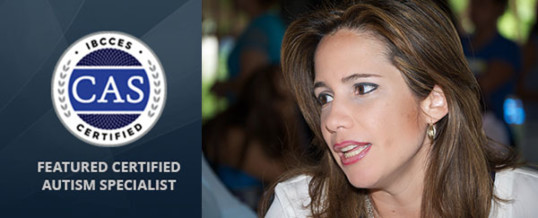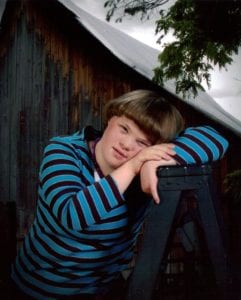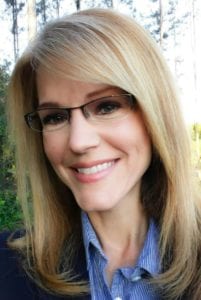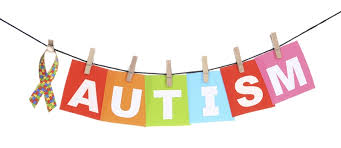By: Sheryl Rosin Ph.D.,CCC-SLP, Owner/Director of Palm Beach Speech-Language Specialists, CAS and Trainer for IBCCES, Adjunct Professor, Nova Southeastern University
 Meet Dominik
Meet Dominik
I have been working with individuals with autism for 20 years and have met many interesting and exciting people along the way. In this blog, I have someone that I would like to introduce to you that I believe is an extraordinary person. His name is Dominik and he is 14-years-old. Dominik has diagnoses of autism and apraxia and is essentially non-verbal with his spoken language, but is definitely NOT non-verbal when using other means to communicate aside from the spoken word. Upon meeting Dominik, you may assume that he has limited communication skills, but since we presume competence when working with our clients, I learned that the opposite it true. Dominik has a passion for writing and using language to communicate his vast interests. One of the ways he has learned to do this is through an augmentative communication application called “Speak for Yourself (SFY).” SFY runs as a communication device on the iPad and uses synthetic speech to aid individuals with their expressive language output. It is based on core vocabulary and allows the person to communicate using generative language. Dominik has learned to use the augmentative communication system to express his wants and needs, feelings, hold conversations with others, and to communicate his expansive knowledge and interests in a variety of topics. Our conversations using AAC have ranged from the etiology of autism to future careers. Dominik thinks that vaccines “are the culprit of autism” and wants to be “a neurologist” when he is older. When Dominik communicates using AAC, he let us into his amazing world of thought. Not only does he use SFY; he can type on a computer keyboard, write with facilitated assistance, and is now starting to use verbal speech as AAC has been a bridge to developing spoken language for him.
OCT






